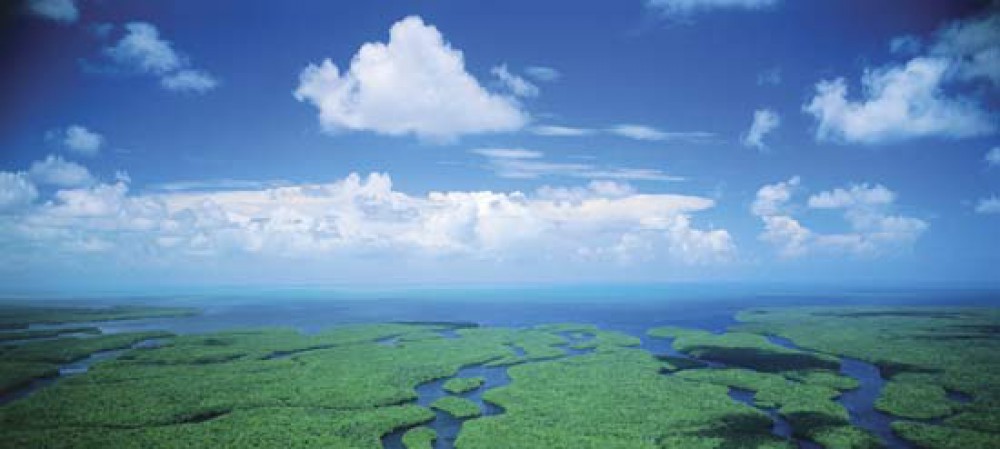“At a cultural level, the how of sustainability is also a why. That is to say, the culture of sustainability situates us within sets of practices that foster meaning and purpose. The ethical and potentially religious foundations of a culture of sustainability are first investigated, followed by an examination of the crucial impact of aesthetic sensibilities and education. We conclude by assessing the role of creativity, examining how a resilient culture maintains its core values while adapting to a changing world” (Thiele 169).
Making any change, impact, or difference in the world possible requires people to come together and share a common goal or purpose. People that come together to enforce change must believe in the same things in at least one aspect. If people have different cultures and practice various beliefs, how are they supposed to unite with a common objective? Looking beyond beliefs and culture, society needs to realize that together we are the human race and to survive generation after generation, we should focus on doing good and making the world a better place. Each culture, when studied deeply, all have commonalities. If we can focus on these similarities, we can move toward sustainability.
